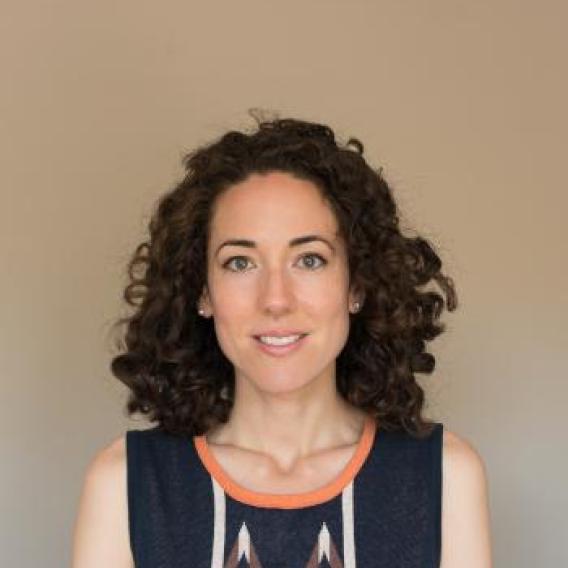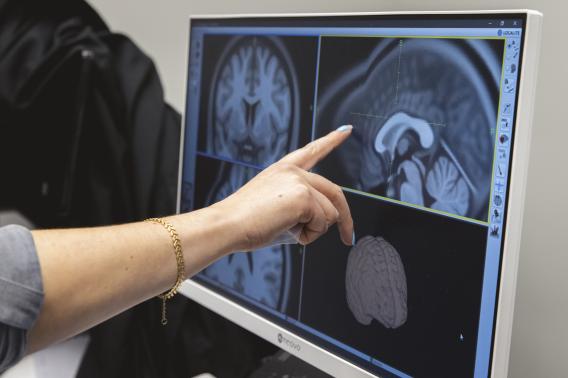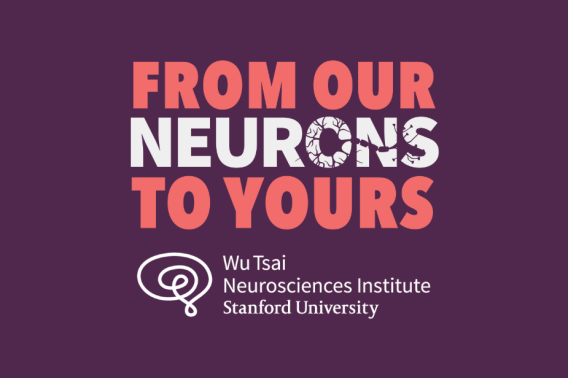Image

Fiona Baumer
Assistant Professor of Neurology (Pediatric Neurology)
Affiliation:
Committee:
Dr. Fiona Baumer is an Assistant Professor in the Department of Neurology, Division of Child Neurology. She is a graduate of the Stanford Human Biology program and pursued medical training at Harvard Medical School and Boston Children's Hospital. She returned to Stanford for epilepsy fellowship and now serves as an attending in child neurology. Her clinical efforts focus on caring for children with epilepsy and running the TMS Presurgical Mapping Program. She has completed post-doctoral work in the labs of Dr. Robert Fisher and Dr. Amit Etkin, focusing on using transcranial magnetic stimulation paired with electroencephalography (TMS-EEG) to study brain dynamics in children with epilepsy. As a result of this work, she was awarded the K23 Mentored Patient-Oriented Research Career Development Award from the National Institute of Health. She is also a co-PI for a National Consortium of Pediatric TMS Centers funded by the Pediatric Epilepsy Research Foundation.
Dr. Baumer's research focuses on understanding the impact of abnormal brain activity (called spike waves) on brain network connectivity to determine if spike waves contribute to cognitive comorbidities in children with epilepsy. Her research uses high-density EEG and TMS-EEG to study how children with epilepsy process language and to determine the impact of spike waves on this processing. The goal of her research is to determine if non-invasive stimulation techniques like TMS may be a feasible therapy to improve language, learning and cognition in this population.
Dr. Baumer's research focuses on understanding the impact of abnormal brain activity (called spike waves) on brain network connectivity to determine if spike waves contribute to cognitive comorbidities in children with epilepsy. Her research uses high-density EEG and TMS-EEG to study how children with epilepsy process language and to determine the impact of spike waves on this processing. The goal of her research is to determine if non-invasive stimulation techniques like TMS may be a feasible therapy to improve language, learning and cognition in this population.


